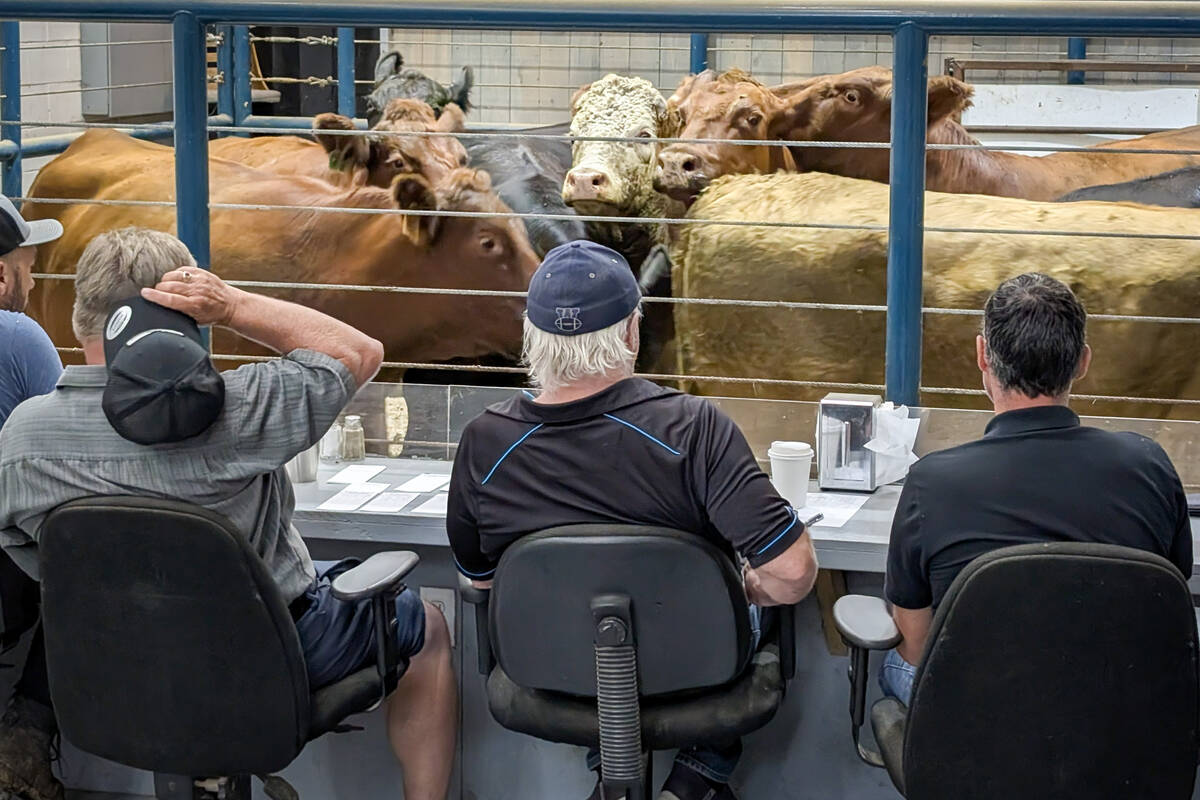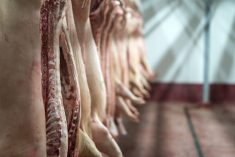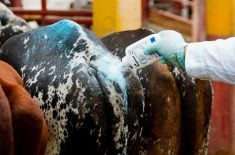Seven bison on one farm in the northern Saskatchewan municipality of Paddockwood, near Prince Albert, were confirmed Thursday to have died of anthrax, the Canadian Food Inspection Agency said Friday.
The dead animals make up the second separate case of anthrax poisoning in the province this week, the CFIA said, noting one death in a cattle herd in the R.M. of Ponass Lake, confirmed Tuesday. The R.M. is about 100 km east of Humboldt.
A farm in the R.M. of King George, southeast of Rosetown, was confirmed May 26 as having the province’s first cases of anthrax this spring after 13 cattle died on one local farm.
Read Also

U.S. livestock: Cattle rally, hogs slide
Chicago cattle futures regained a ground on Monday to maintain a fairly level trajectory after last week’s fall.
Findings of anthrax in Western Canada are common, CFIA said, and the spores that cause the disease are known to exist in soil across the Prairies.
A vaccination and booster program prevents anthrax in most animals and is advised in areas where the disease was recently confirmed, the agency said previously.
All suspected or confirmed cases of anthrax must be reported to the CFIA, which recommends that as a precaution, producers should immediately notify their veterinarians of any sudden deaths in their herds.
When anthrax is confirmed, the CFIA quarantines affected premises during decontamination and disposal. Producers of livestock affected by anthrax may get compensation of between $100 and $500 per animal, depending on species, once CFIA confirms disease control actions are complete.
Human cases of anthrax poisoning are only rarely associated with outbreaks in animals, but producers still should not handle or move an animal’s carcass if anthrax is suspected, CFIA cautioned.
In 2007, anthrax was reported on 23 farms in Manitoba, six in Saskatchewan and four in Alberta.















